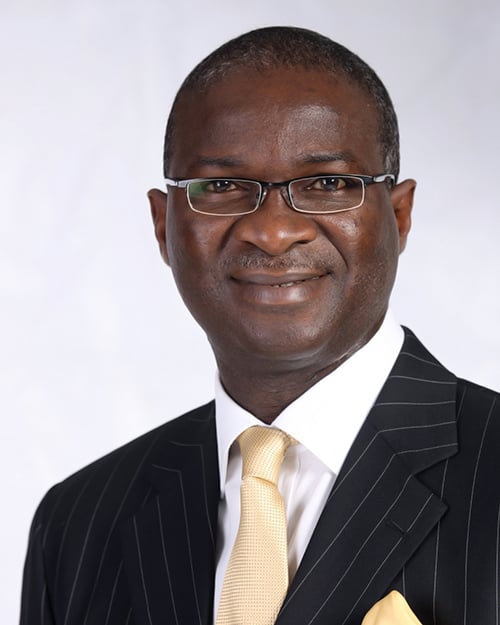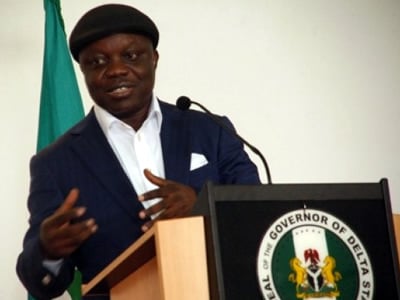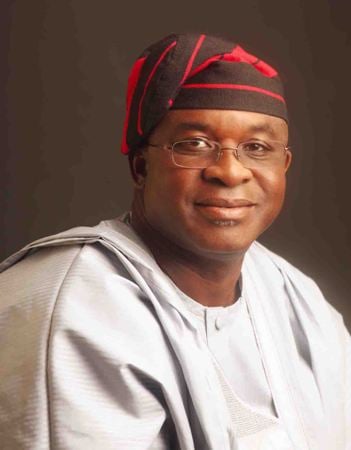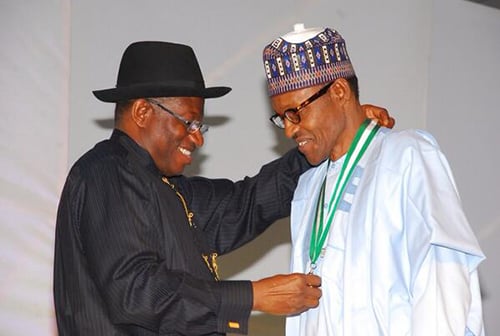Saleh Yuguda, director-general of the National Blood Service Agency (NBSA)
Saleh Yuguda, the director-general of the National Blood Service Agency (NBSA), says there is an urgent need for coordinated interventions to strengthen the nation’s blood system.
Yuguda spoke in Abuja on Thursday while presenting a paper at a workshop on “Quality management strategies in the era of emerging technology”, jointly organised by the Association for Diagnostic and Laboratory Medicine (ADLM), ACCN, and the Academy of Medical Science, held in Abuja.
He raised alarm over Nigeria’s persistent shortage of safe blood, noting that the country collects less than 30 percent of its national blood requirements.
He described the shortfall as a major constraint to quality healthcare delivery.
Advertisement
“Nigeria faces a severe shortage of blood compared to other developed nations,” he said.
“Most of our health indices, including maternal mortality, are adversely affected by this shortage. The demand for blood is consistently high, yet the supply remains dangerously low.”
He commended the federal government’s health sector reforms under Mohammed Pate, the coordinating minister of health and social welfare, highlighting the national health sector reform investment initiative (NHSRII) and the free emergency obstetric care programme as key interventions reliant on adequate blood supply.
Advertisement
“Blood is central to many of these initiatives,” the DG said.
“Without adequate and safe blood, the federal government’s health interventions cannot achieve the desired impact.
“This is why the National Blood Service Agency was established—to regulate, coordinate, and license all blood establishments across the country.”
Yuguda identified major challenges in the blood service system, including limited human resources, weak governance structures, and inadequate infrastructure.
Advertisement
He said the NBSA plans to increase voluntary blood donation by 40 percent nationwide within five years.
The DG revealed plans to ensure at least one blood donation centre in every LGA and a screening centre in every state.
He said the agency currently has a physical presence in 17 states, with expansion to all 36 states underway.
Over the past 18 months, Yuguda said, previously closed centres in Enugu, Cross River, and Yobe states have been reopened, noting that the agency has strengthened regulatory and operational frameworks.
Advertisement
“We have signed memoranda of understanding with several NGOs and faith-based organisations to improve access to voluntary blood donation nationwide,” he added.
He also highlighted the digitalisation of blood transfusion services through the piloting of the blood integrated management system (BIMS), a platform tracking blood from donor to recipient.
Advertisement
Yuguda said over 200 healthcare personnel from 51 public and private hospitals have been trained in modern transfusion practices as part of measures to address the human resource gap.
He added that the NBSA is partnering with Aminu Kano Teaching Hospital and the Institute of Transfusion Medicine, University of Greifswald, Germany, to establish a dedicated training centre in the country.
Advertisement
The NBSA DG also announced plans to set up a blood component processing facility in Nigeria to improve efficiency and ensure the availability of vital blood products.
“The policy framework is in place,” he said.
Advertisement
“If implementation continues with commitment and coordination, Nigeria’s blood banking practice will be transformed—and with it, the country’s ability to reduce avoidable deaths and save more lives.”
On Wednesday, Yuguda announced that the federal government has initiated steps to standardise the cost of blood across hospitals in Nigeria to ensure fairness, transparency, and accessibility for patients.






